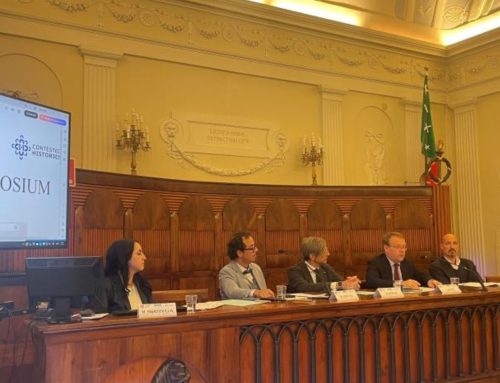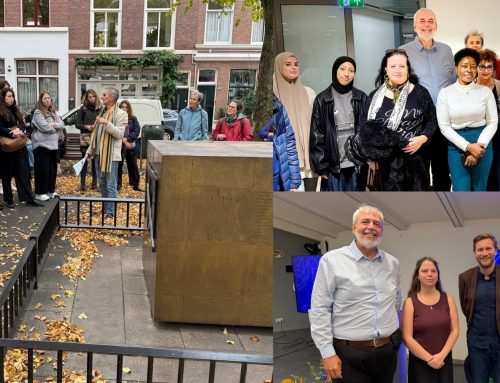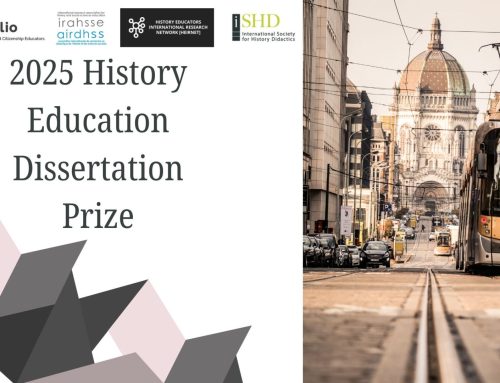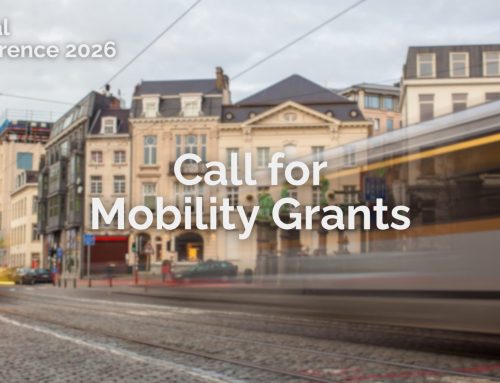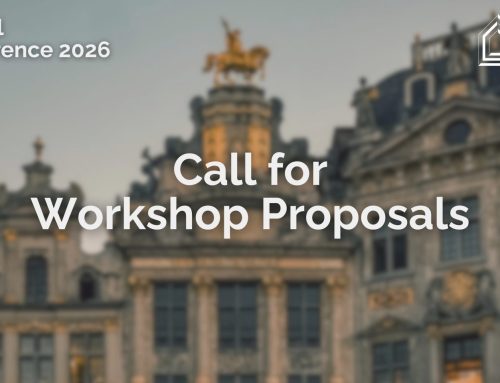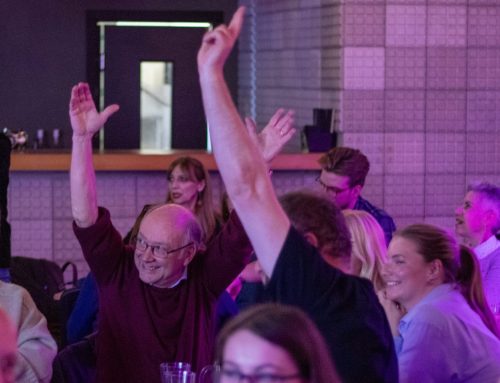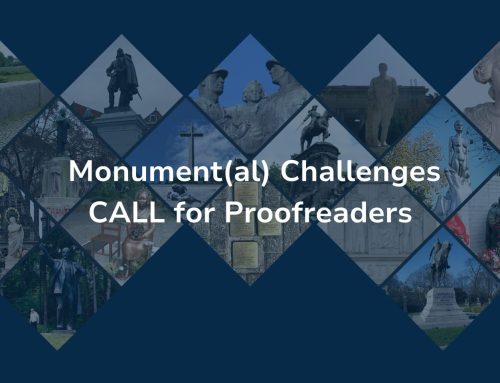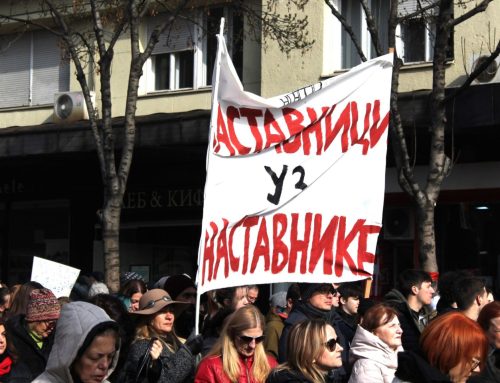Nana Tsikhistavi, President of EuroClio member association the Georgian Association of History Teachers, has explored prominent themes and questions that arise when teaching history in an interview published in the Kutaisi Post, the newspaper of Georgia’s “second city”.
The goal of history teaching
In the interview, Tsikhistavi explains the importance of teaching history in order to develop “critical thinking” that aids in the analysis of historical knowledge, and in turn allows students to “find the best ideas [for] the future”. She argues that, while it is important for students understand historical facts, they should also be able to:
Analyse different opinions, versions, and errors of past events and make their own independent conclusions. Also, the student should be convinced that his conclusions and opinions may be revised
She highlights that, from her own observations as well as those of her colleagues, schoolchildren seem more motivated when their lessons relate to “historical research methods, discussions, work on projects and independent exercises”, than when they are merely taught facts. For example, she explains how students can easily find out the dates of the Russian-Turkish War, but it is more difficult to find out the causes and to understand its consequences. In this regard, Tsikhistavi advocates for the adoption within Georgia of a student-oriented approach to teaching history, as well as the merging of teaching Georgian and world history, in order to help students develop their ability to synthesise and analyse seemingly disparate events. She argues that:
It is necessary to support the new standard of history initiated by the National Curriculum Division of the Ministry of Education and Science of Georgia…where these classes will be studied in the form of the history of Georgia and its history of world history. This is done in order to help the pupil change the history of Georgia in the context of the development of world history.
Mythology, History, and Identity
When asked about the prevalence and function of myths in history education, Tsikhistavi appreciated the functionality of studying myths, but was sure to warn against the totality of their use in the history education:
Of course, the myths have meaning, because it is created by a human being and connected to the fact…of the matter and in this way [also to] the memory or the manuscript. It can be explained and even used in the manual, but it should not be a leading topic…total mythology is inadmissible
She also highlighted the subjectivity of history, pointing out that “the attitude of the historian to the past is determined by the society in which he is a member. The perception of the past is always due to the present, which means that it is constantly changing”, and that history is often used in this way to “make sense of our existence” and the present, while different generations of historians will have different concerns, and as a result ask “different questions about the past”. It is in this way, Tsikhistavi says, that history as a science continues to change and develop.
Similarly, on questions of the relationship between history and identity, Tsikhistavi emphasised how:
Our identity is established by our history and is closely related to [it]. That is why our attitude towards the past – choosing its preferred version, and determining what we want to remember and what we forget – is largely subject to modern reality. We refer to history because it can be of importance in the present. We use it in a variety of ways: to mobilize ourselves for achievement of a certain purpose, or for legitimizing our requirements.
It is in this sense, Tsikhistavi suggests, that “the study of the past may be a kind of therapy – when we learn something about the past of our society, which is hidden or ignored.” For example, she explains how “for those who do not possess power, history can be a form of protest…For all of us – both weak and strong – history is a means of securing [our] own importance.”
The Georgian educator is also quick to highlight the fact that what is forgotten is often as important as what is remembered, pointing to the fact that there is a choice involved when people reference “real history” – it is that history that they want to talk about. In reality, “school textbooks, films, books, memorials, exhibitions and museums are more telling about modernity and its interests than history”.
Learning Less-Prominent Histories
It is often the case that certain elements of history receive more attention than others. In this regard, Tsikhistavi argues that “it is noteworthy to reveal the “hidden” history, something that does not [appear] at first glance when studying the history of society”. In order to achieve quality history education on a variety of issues, she aregues that “the main method of research should be [a] multi-perspective, critical understanding of history and [its] interpretations”. In enacting this, she is enthusiastic about the potential for learning history in an informal setting such as through sporting events and other competitions that allow for a creative approach to teaching and learning.





